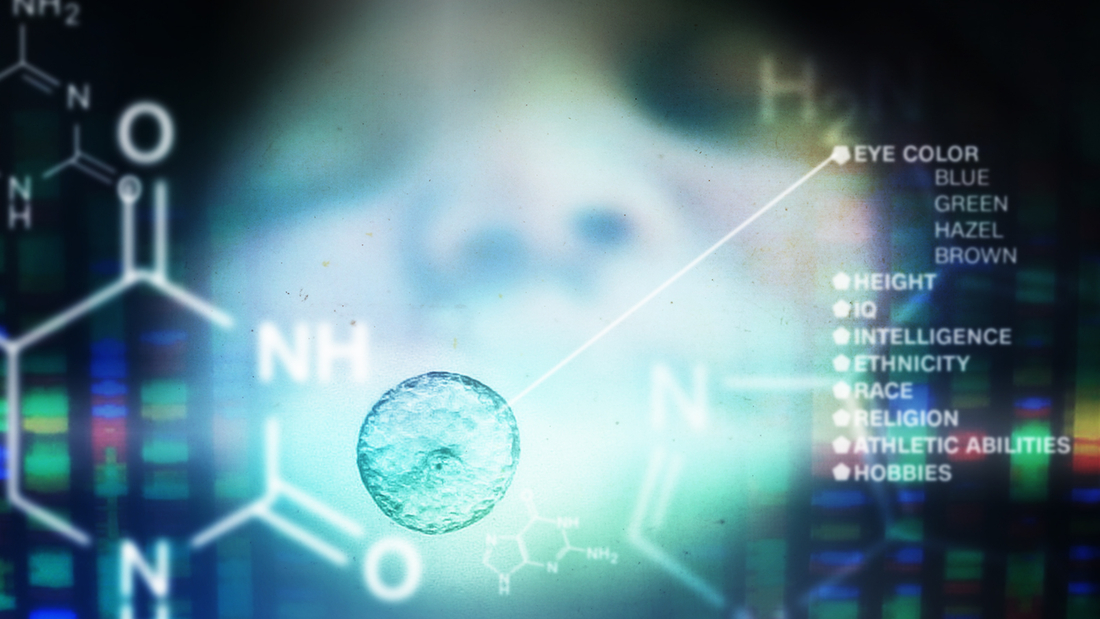[ad_1]
You can imagine what bad actors with eugenic fantasies could do with this technology. But today, many patients, with the best interest of their future children in mind, choose embryos based on the genes inside. Yet here, too, ethical questions arise.
Laws regarding these assisted reproductive technologies vary from country to country, if they exist at all.
Because preimplantation genetic diagnosis allows parents to avoid transmitting mutations to children, CRISPR will unfortunately probably be used to enhance progeny with socially desired traits such as height, certain athletic abilities or intelligence. Such uses will be very profitable.
Due to high costs, assisted reproductive technologies, including preimplantation genetic diagnosis, are not available to everyone and are thus altering how thousands of affluent people — but not poorer individuals — thrive and live. Wealthy individuals are eliminating certain lethal mutations from their offspring while the less affluent cannot. Several types of cancers and other diseases that have affected both the wealthy and the poor alike will disproportionately affect the poor as a result.
Selection of embryos to prevent lethal diseases offers clear benefits, but government and insurers should work to make this service available to everyone, not just the rich.
Hopefully, doctors won’t insert CRISPR-edited embryos into wombs until the risks are better understood — but even then, the dangers will not be fully known until these gene-edited children are created. Extensive studies will have to be conducted over the course of their lifetimes, along with the lifetimes of their own eventual offspring.
In the competitive, profit-driven assisted reproductive technology industry, numerous doctors may well end up performing these procedures with little regulatory or administrative hindrance. And in a world where individuals with perverse intentions will stop at nothing to pursue their fantasies, having access to technology that can alter the makeup of humanity is incredibly dangerous.
It’s not hard to imagine the disturbing consequences. But as our understanding of genetics is ever-growing, using CRISPR to enhance humans is also risky due to the possibility of inadvertently creating children with severe medical problems.
Unfortunately, many clinicians appear to oppose additional reporting requirements and stronger guidelines. Nonetheless, governmental agencies should mandate that IVF clinics submit patient data so we can monitor our use of preimplantation genetic diagnosis and other practices. And in the near future, the CDC should start asking whether clinics have used any CRISPR-edited embryos.
With racism and economic divides prevalent in our society, we need to be better prepared for these ongoing technological advances that are changing generations of people and our species as a whole.
The development of gene-altering technologies, once the stuff of sci-fi movies, should prompt us to realize that eugenics is no longer a thing of the past — or of a fictional future. It is a reality that we must all now confront.
[ad_2]
Source link



